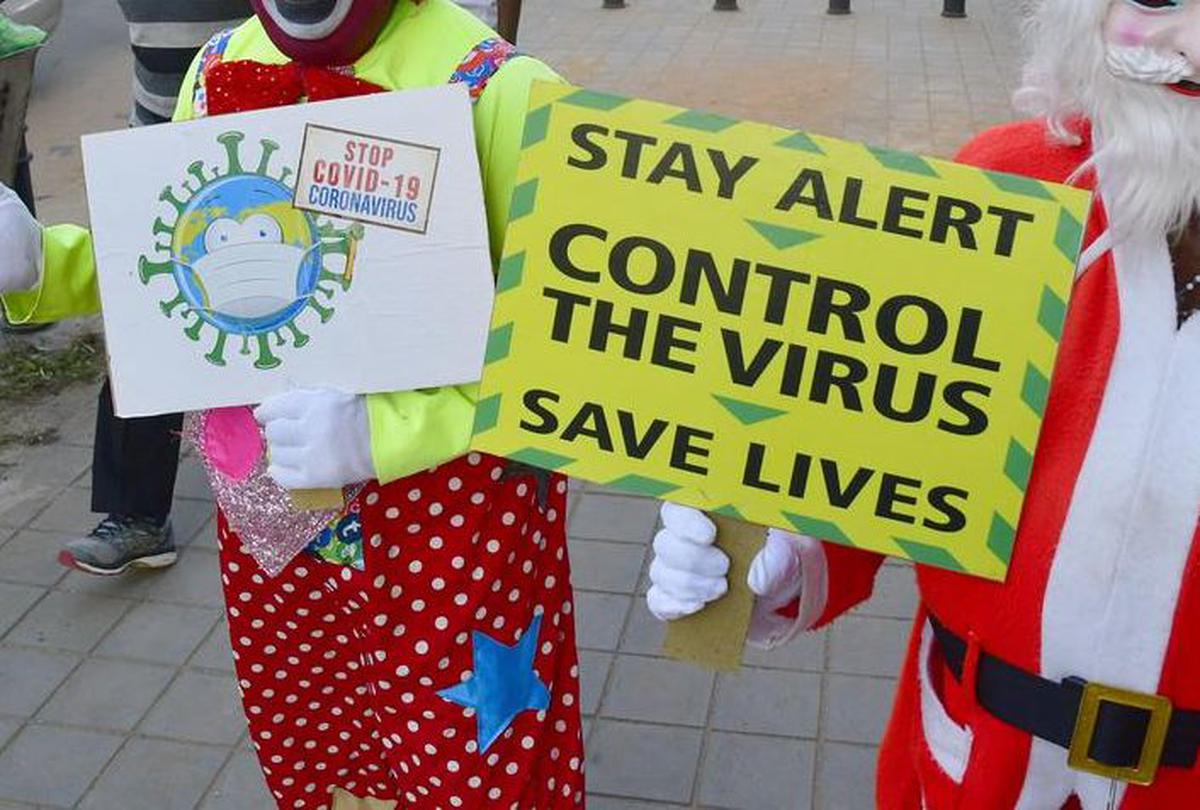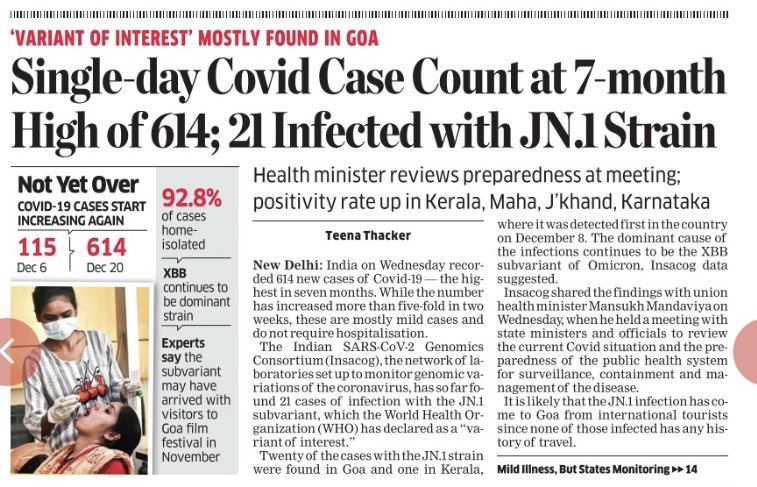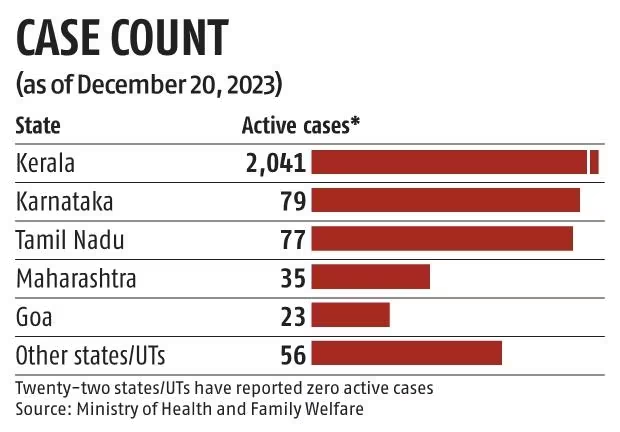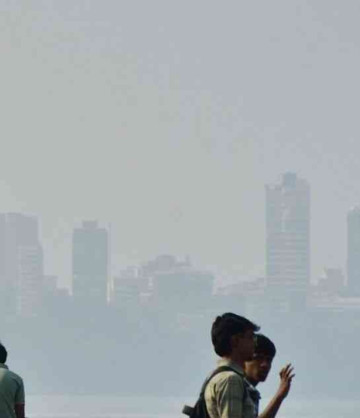India grapples with the emergence of the JN.1 Covid variant, marking a notable uptick with 21 confirmed cases nationwide. This variant, acknowledged by the World Health Organization (WHO) as a distinct lineage from BA.2.86, has drawn attention and raised alarm across the country. Despite this, global health authorities stress that the overall risk posed by JN.1 remains relatively low based on current available evidence. Both the Union Health Ministry and experts caution for vigilance while reassuring the public about the effectiveness of existing treatments and the generally mild nature of the infection.

21 cases of JN.1 variant reported across the country, 19 in Goa:
Among the 21 cases reported, Goa accounts for 19, with Kerala and Maharashtra confirming one case each. State Health Minister Veena George assured the readiness of hospitals in Kerala to manage the virus despite an increase in COVID cases. Notably, other states like Maharashtra, Jharkhand, and Karnataka have observed a rise in their daily positivity rates, as per reports from PTI.

594 fresh Covid cases in India:
India's latest figures indicate 594 fresh COVID-19 infections, with the total number of active cases rising to 2,669. Kerala alone reported 300 of these new infections. The country's total COVID-19 tally stands at 4.50 crore (4,50,06,572).
_1703147095.avif)
6 more people died:
Six more individuals have succumbed to the virus, with Kerala, Karnataka, and Punjab collectively reporting three, two, and one death(s) respectively. Kerala's COVID-related death toll has now reached 72,059 since the outbreak. Recoveries, however, have surged to 4,44,70,576 nationwide, reflecting a robust national recovery rate of 98.81%. The case fatality rate stands at 1.19%. Remarkably, India has administered 220.67 crore doses of COVID-19 vaccines.
Insights into the JN.1 Variant and Surveillance Measures:
The emergence of the JN.1 variant, a descendant of the BA.2.86 lineage, dates back to late 2023. Goa notably reported 19 out of the 21 cases of this new variant. However, this data might not offer a complete depiction of circulating variants due to laboratories halting genome sequence submissions in June-July, as earlier reported.

West Bengal's Vigilance and Public Health Response
Amid this surge in cases, the West Bengal Health Department remains vigilant, continuing its surveillance of influenza-like illness (ILI) and severe acute respiratory infections (SARI) as per central guidelines. Despite currently reporting no COVID-19 cases, the state maintains preparedness in terms of infrastructure. Mandaviya, in a meeting, stressed the ongoing threat of COVID-19, urging states to enhance surveillance, monitor emerging cases and symptoms, and ensure sufficient medical supplies and vaccines.
The evolving COVID-19 landscape in India demands ongoing vigilance, strategic planning, and swift response measures to mitigate the impact of variants and regional fluctuations. Officials and health authorities continue to emphasize the need for a comprehensive and coordinated approach to navigate the challenges posed by the pandemic.
© Copyright 2023. All Rights Reserved Powered by Vygr Media.























